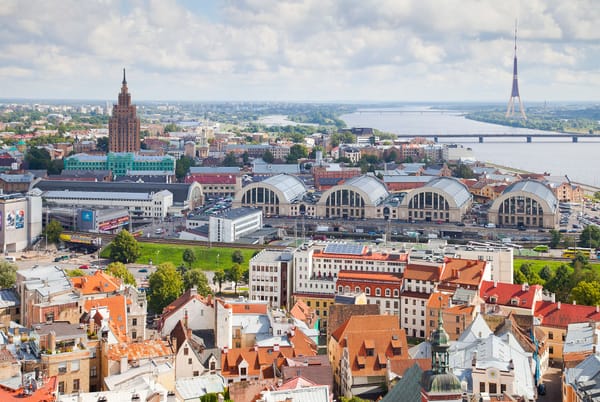
CEE’s minimum wage surge spooks small business groups
Minimum wages across Central and Eastern Europe (CEE) are rising rapidly in 2025, with governments from Poland to North Macedonia implementing significant increases to offset inflation and address political pressure, EU official statistics office, Eurostat, revealed.
CEE’s wage floor growth is outpacing Western Europe for the third consecutive year, narrowing nominal gaps but raising concern among employers and economists.
Minimum wages in Romania and Bulgaria has doubled
While officials frame the increases as overdue realignment, business groups warn of inflation, fiscal pressure and disruption to small firms. The trend is deepening economic fault lines, not only between east and west but also between capital cities and the provinces.
Nominal minimum wages in Romania and Bulgaria have more than doubled in the last decade, with the sharpest growth before 2020. Czechia and Slovakia now apply EU-aligned benchmarks for annual adjustments.
Though the purchasing power gap remains wide, especially outside urban areas, recent Eurostat data shows CEE catching up with parts of southern Europe, although Croatia and Estonia still have minimum wage rates lower than Portugal.
Election promises
Minimum wage reform is increasingly central to pre-election policymaking. The Polish government raised the national minimum twice in 2025 and has pledged to expand its flagship 800 Plus family support scheme.
In North Macedonia, the labour ministry confirmed an increase of nearly 18% for 2025, citing ongoing dialogue with unions. While officials say the changes aim to update safety nets and reduce reliance on remittances, opposition MPs say they reflect short-termism rather than long-term labour market strategy.
Small business associations in Hungary, Romania and Czechia say many firms in low-margin sectors are struggling to absorb inflationary shocks.
The Hungarian Chamber of Commerce reported informal hiring and delayed recruitment in retail and food processing. In Slovakia, trade groups pushed for regional exemptions or tax breaks, noting that flat national minimums fail to reflect regional cost differences.
Governments have offered temporary subsidy schemes, but employer groups say structural pressures remain unresolved.
Some governments argue that higher wages could reduce labour migration. The Bulgarian Finance Ministry said its 2025 increase aimed to slow the departures of mid-skilled workers.
Polish officials pointed to a decline in migration applications since 2023, though researchers link this trend to Germany’s economic slowdown rather than domestic wage growth. Unions warn that wage gains will have limited effect unless matched by improved rural services and housing.
The central banks in Hungary and Poland have flagged wage-driven inflation risks. The Polish central bank’s latest monthly forecast said continued minimum wage hikes could delay disinflation and complicate interest rate cuts. The finance ministries of Serbia and Romania also warned of knock-on effects on public sector pay.
EU institutions have supported wage convergence in principle but urge governments to link increases to productivity and structural reform.
Minimum wage hikes have become a common political lever across CEE, but without coordination with monetary, tax and development policy, risk deepening economic divides, even as they appear to close them.





